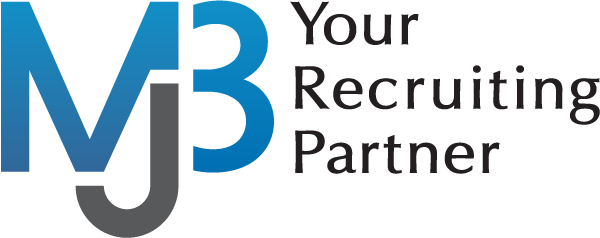With heightened sensitivity surrounding diversity in all aspects of life these days, most topics usually lead to racial bias and gender equality. However, age is often the forgotten class when it comes to creating an inclusive workplace.
What exactly is ageism?
Ageism, or age discrimination, is prejudice on the basis of someone’s age; whether it be not being hired, being fired or treated differently from co-workers.
Because people in this country are living longer, the cost of living continues to rise and many older Americans continue to work well into their 70’s, it becomes even more crucial to have training and development in place to stop ageism in its tracks. Companies can benefit from a better understanding of this shift in demographics as they challenge their own preconceptions and embrace the potential of creating a more diverse and productive workforce.
One cannot argue with the old expression… ”with age comes experience.” Younger workers simply lack the extensive background and first-hand knowledge that an older worker can bring to the table. And let us not forget about maturity and confidence. Incorporating older employees into your workforce can also help a business maintain its reputation and industry expertise, while also helping the business grow as they mentor younger employees.
So why does ageism exist and why are companies so hesitant to hire older people? One perception is that people in their sixties will soon be retiring. Well, based on the research that over 20% of adults over age 65 are either working or looking for work, we know that to be false. Another reason older candidates might be overlooked is that they are deemed too expensive or that their health care costs may be too high. This also may be an assumption because older workers might be willing to work fewer hours or at a lower salary in order to get the job and they may also have Medicare coverage. And let’s not forget technology. Everyone assumes that older people struggle with technology. It may be true that some are unwilling to accept change, but most are willing to embrace it, especially if it means getting or retaining a job.
The fact of the matter is that recruiters and managers should hire the most qualified person for the job. Period. Maybe it is that spry, young, fresh-out-of-college eager candidate. Or it just might be the 55-year-old, newly laid-off, trying to support his/her family, with 30 years of experience option. My 82-year-old dad is still working, cranking out tax returns seven days a week during tax season. Hardest working guy I know. So, let’s not focus on age. Just because someone can’t run a marathon, doesn’t mean they can’t win the race.
